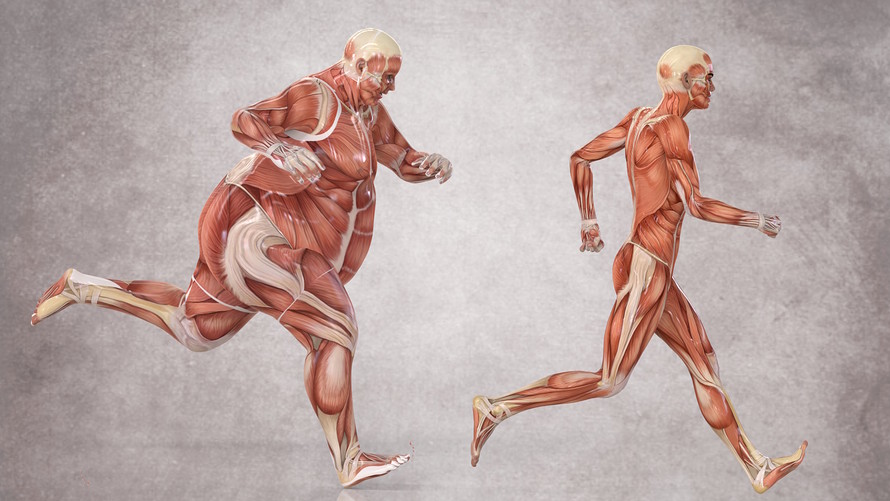SAN FRANCISCO, Calif. — Just nine percent of American teens are getting enough physical activity during the pandemic, a new study reveals. Researchers from the United States and Canada say that number has fallen significantly from the already paltry 16 percent getting enough exercise prior to COVID-19.
Health experts have recommended that kids get about 60 minutes of physical activity per day, especially in the midst of the pandemic, which has increased the number of sedentary habits both children and adults participate in.
“The pandemic led to the cancellation of in-person physical education classes and organized sports, gym and recreational facility closures, and rises in screen use, which all contributed to lower physical activity for teens,” says lead author Jason Nagata, an assistant professor of pediatrics at the University of California-San Francisco, in a media release.
Inactivity leads poor mental health too
Researchers discovered a link between less physical activity among teens and poorer mental health, higher levels of stress, and increased worrying about pandemic-related issues.
“Physical activity can support young people’s physical and mental health,” Nagata continues. “We found that teens who were more active during the pandemic reported stronger emotional wellbeing and felt more socially connected to others.”
The study of nearly 12,000 adolescents found that teens average around two hours of physical activity per week during COVID. Results show this average was lower among Black, Latino, and Native American teens, who average about 90 minutes of exercise each week.
“We noted important racial and socioeconomic disparities in physical activity which may reflect unequal access to safe, outdoor recreational spaces,” says co-author Kyle T. Ganson, an assistant professor at the University of Toronto’s Factor-Inwentash Faculty of Social Work.
“Parents should encourage their children to move more and sit less,” Nagata concludes. “Despite disruptions from the pandemic, consider doing activities as a family, going outdoors, or participating in virtual exercise classes.”
The study is published in the journal Preventive Medicine Reports.


